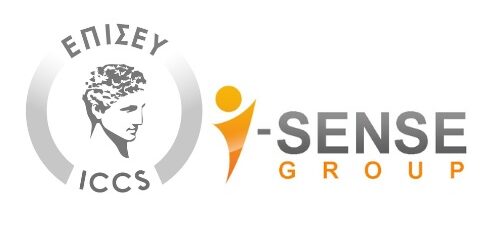HIDDEN (Hybrid Intelligence for Advanced Collective Perception and Decision-Making in Complex Urban Environments) is a Horizon Europe research and innovation project focused on advancing urban mobility through safer, smarter, and more ethical automation. At its core, HIDDEN develops collective awareness systems that enable connected and automated vehicles to detect occluded objects and vulnerable road users in real time. By leveraging hybrid intelligence, the project combines machine and human intelligence to support decision-making that reflects human driving styles and ethical principles. HIDDEN also addresses the legal, regulatory, and ethical challenges of AI in mobility, ensuring transparency and trust in how decisions are made. Field tests across Europe, supported by advanced virtual simulations, will validate the technology in realistic traffic scenarios. Through close collaboration with type approval authorities, standardisation bodies, and key stakeholders, HIDDEN aims to set new benchmarks for safe, trustworthy, and socially responsible autonomous mobility in complex urban settings.
Funded with approximately €5 million under Horizon Europe’s Cluster 5, HIDDEN is supported by the Connected, Cooperative and Automated Mobility (CCAM) Partnership. Over 36 months (July 2025 – June 2028), the project will bring together 14 partners and 2 affiliated entities across 7 EU countries to tackle one of the biggest challenges in urban mobility: occlusions
The Institute of Communication and Computer Systems (ICCS) plays a central role in HIDDEN, leading both project management and key technical activities. ICCS ensures the efficient execution of the project, covering administrative and financial management, continuous progress monitoring, risk handling, and technical coordination. On the technical side, ICCS leads the design of the overall system architecture and configurations (Task 2.2), enabling flexible integration of collective perception (CP) systems in real-world test environments and simulations. It advances the state of the art by developing collective perception algorithms based on advanced fusion methods—such as Transformers, Bayesian networks, and graph neural networks (GNNs)—while also incorporating driver gaze tracking. ICCS further contributes by implementing vehicle trajectory prediction with GNNs and closed-loop simulations. ICCS is directly involved in three of the project’s four use cases, bringing both its prototype vehicles and its CARLA-based driving simulator to testing and validation activities. In addition, ICCS supports the project’s dissemination efforts through conferences and publications, and strengthens the project’s impact by fostering collaboration with other European CCAM projects.


